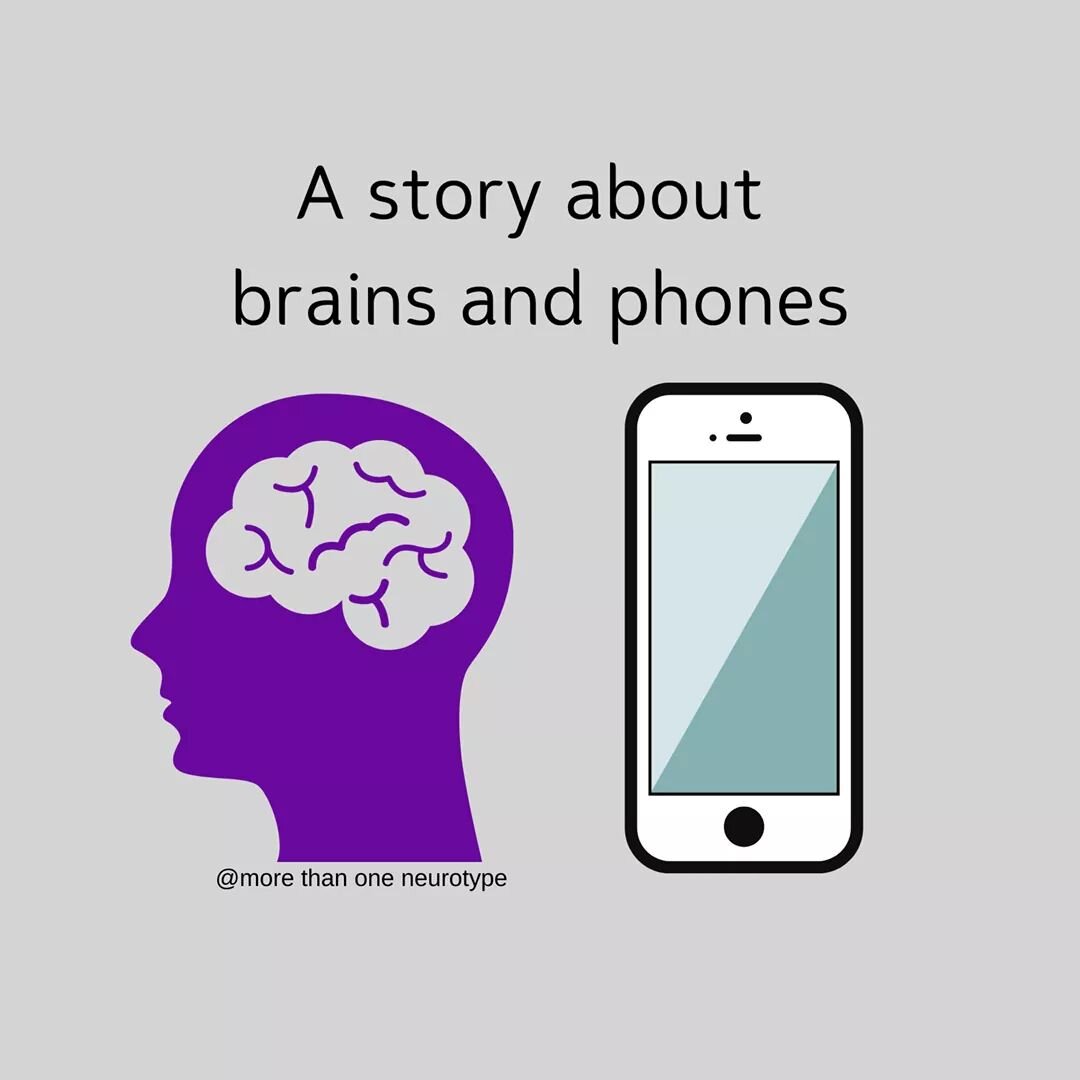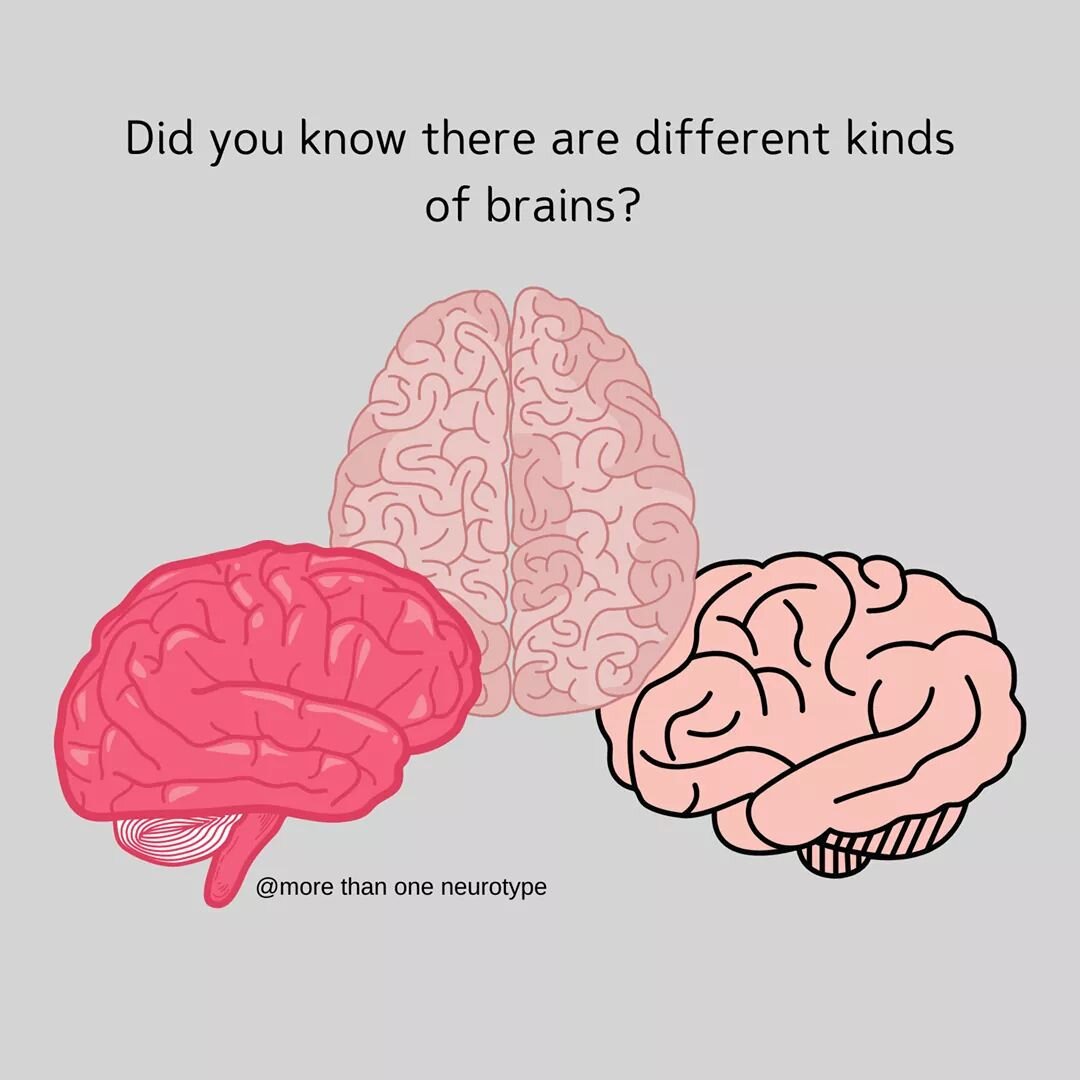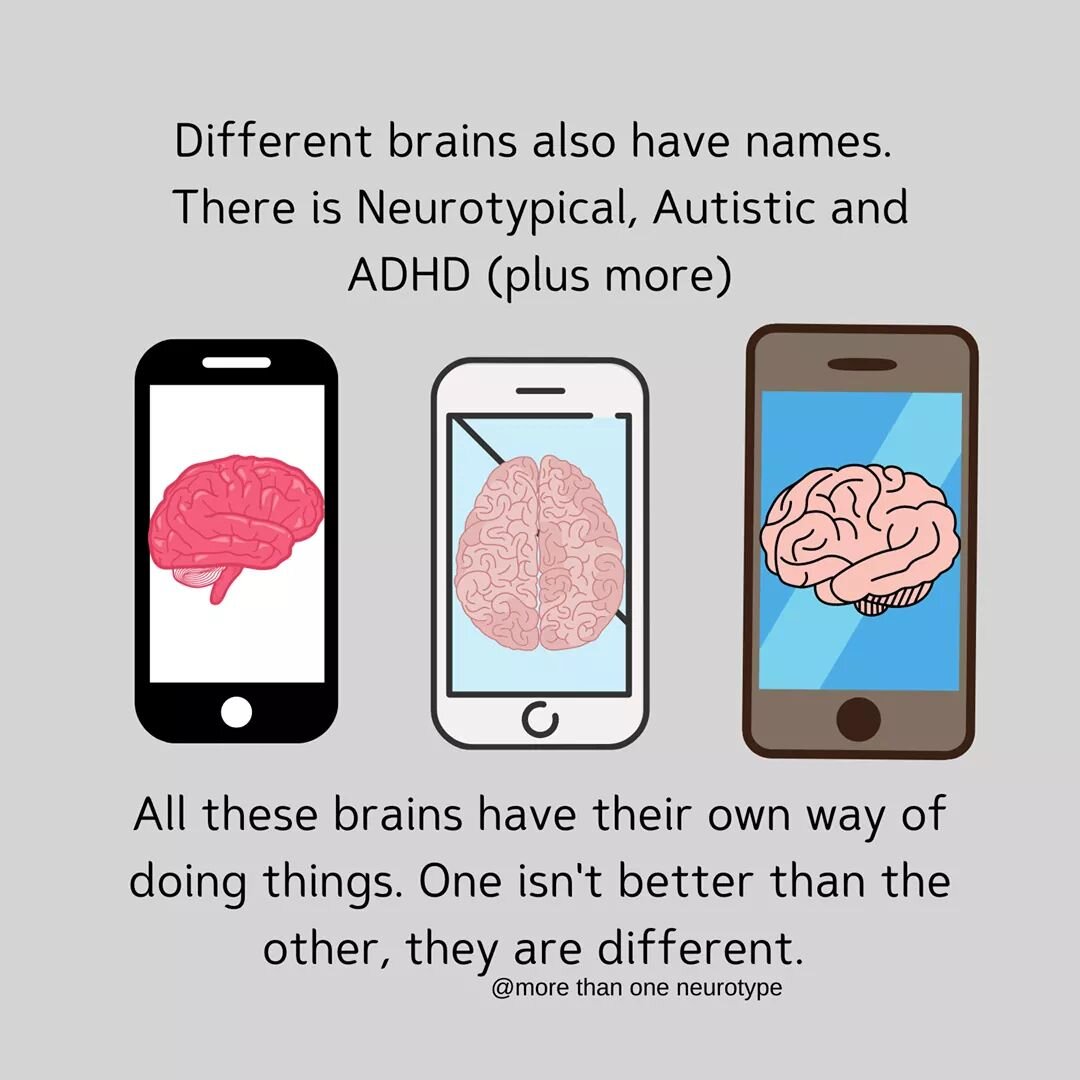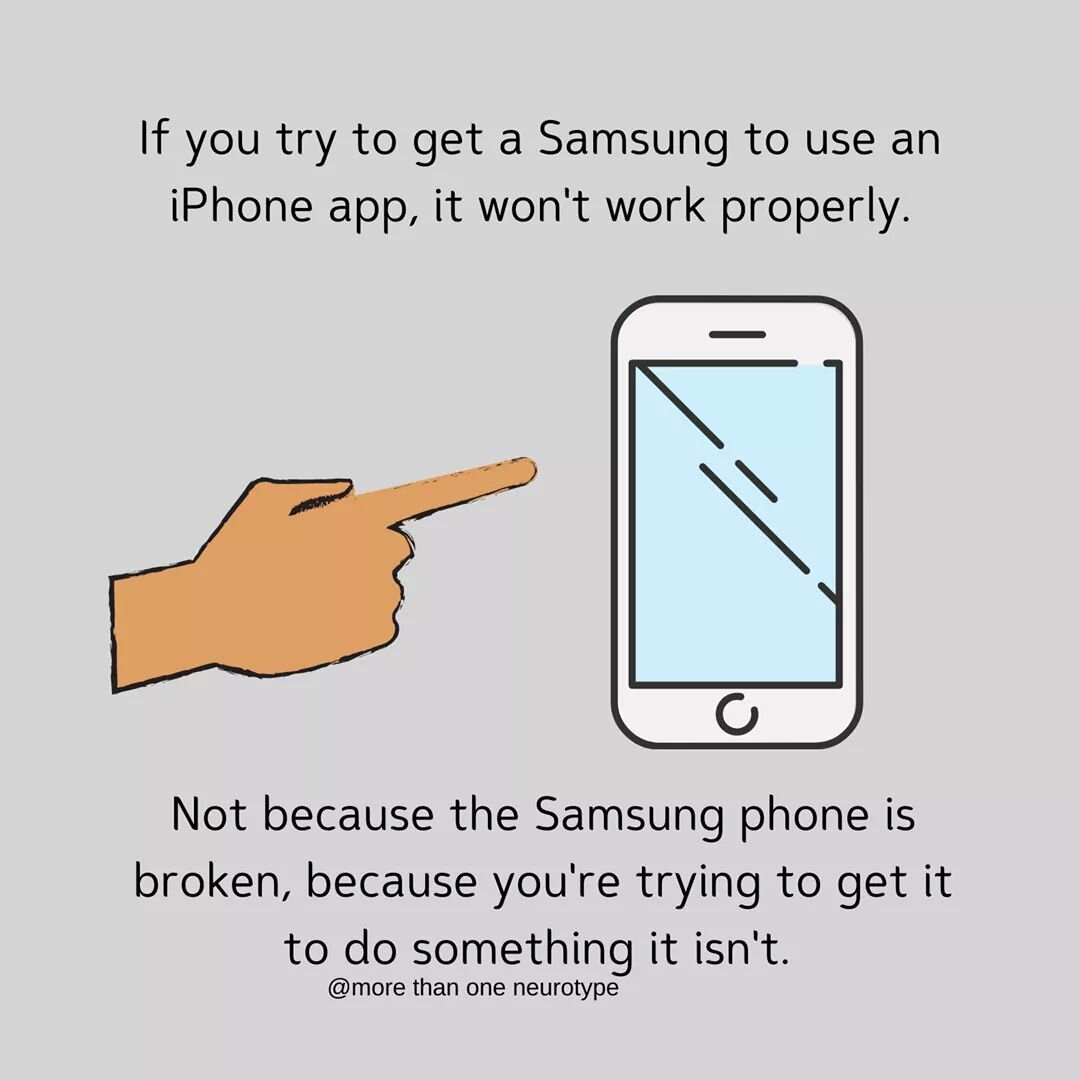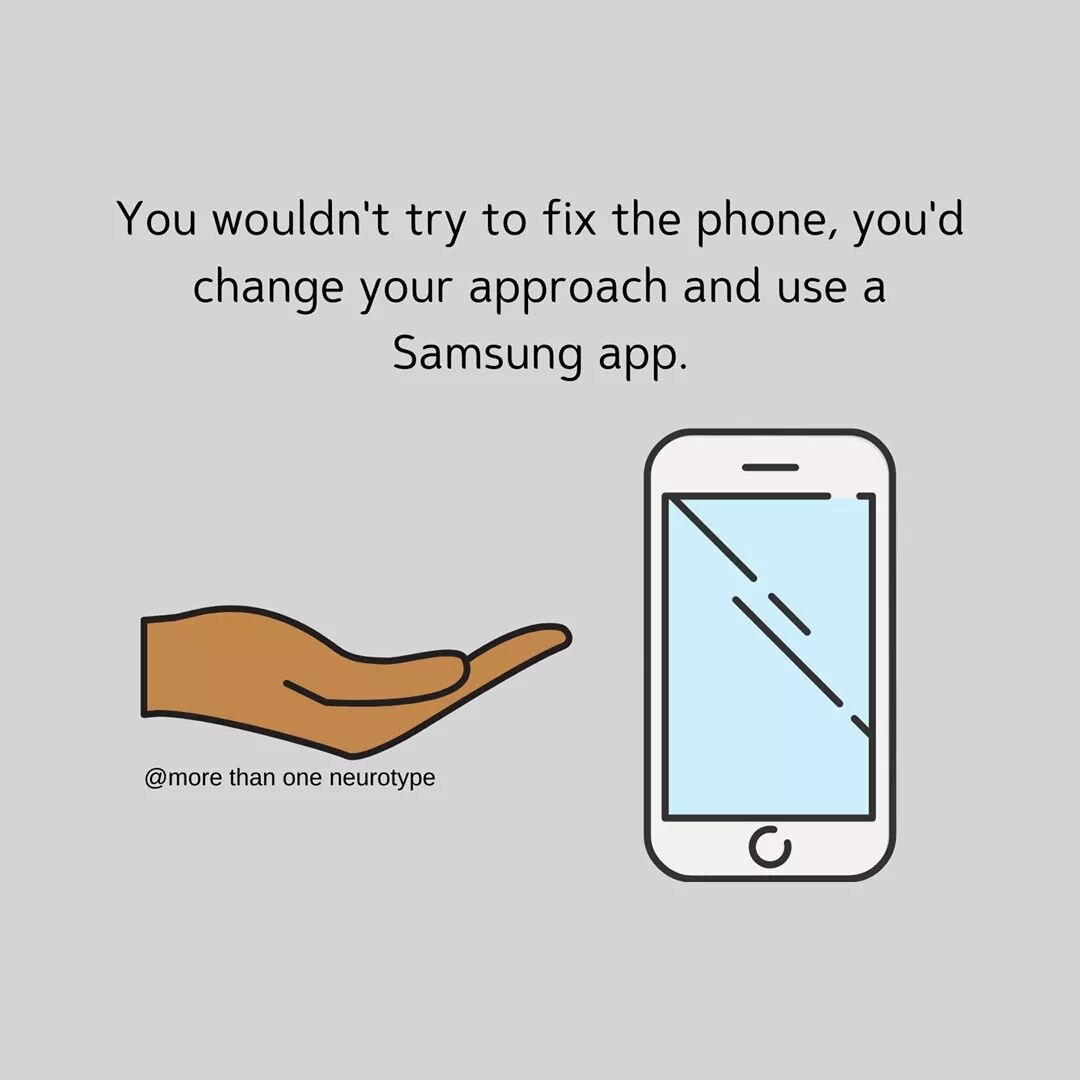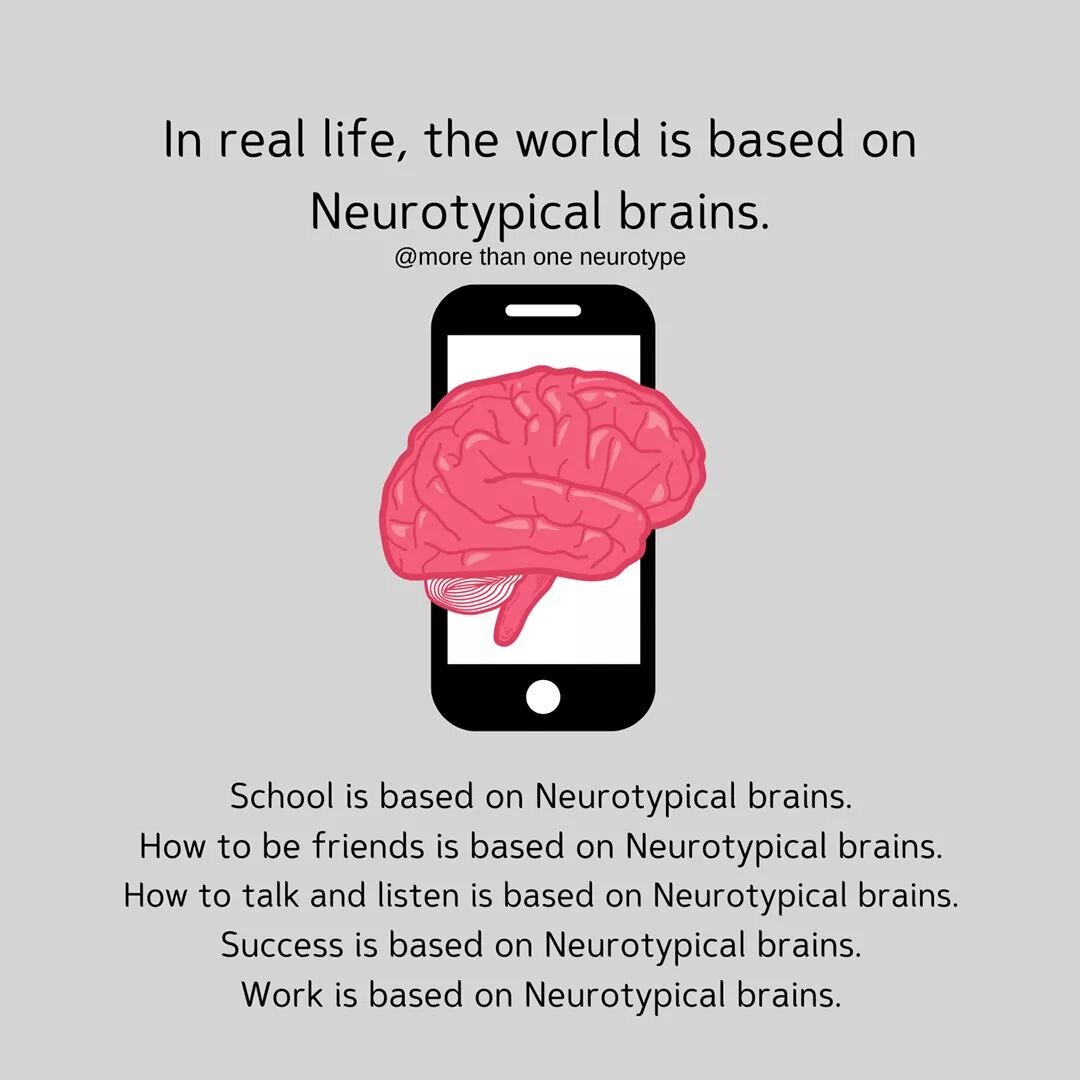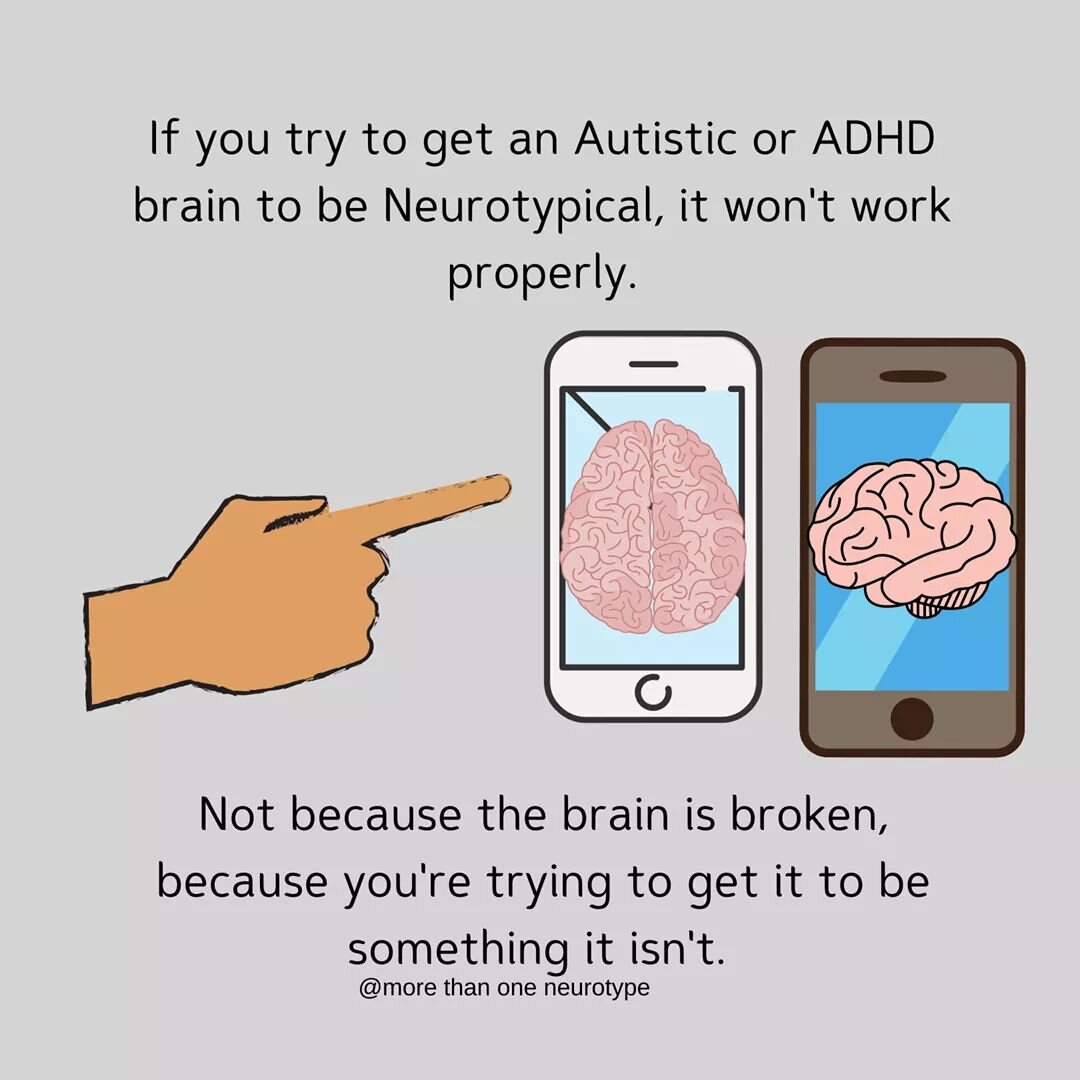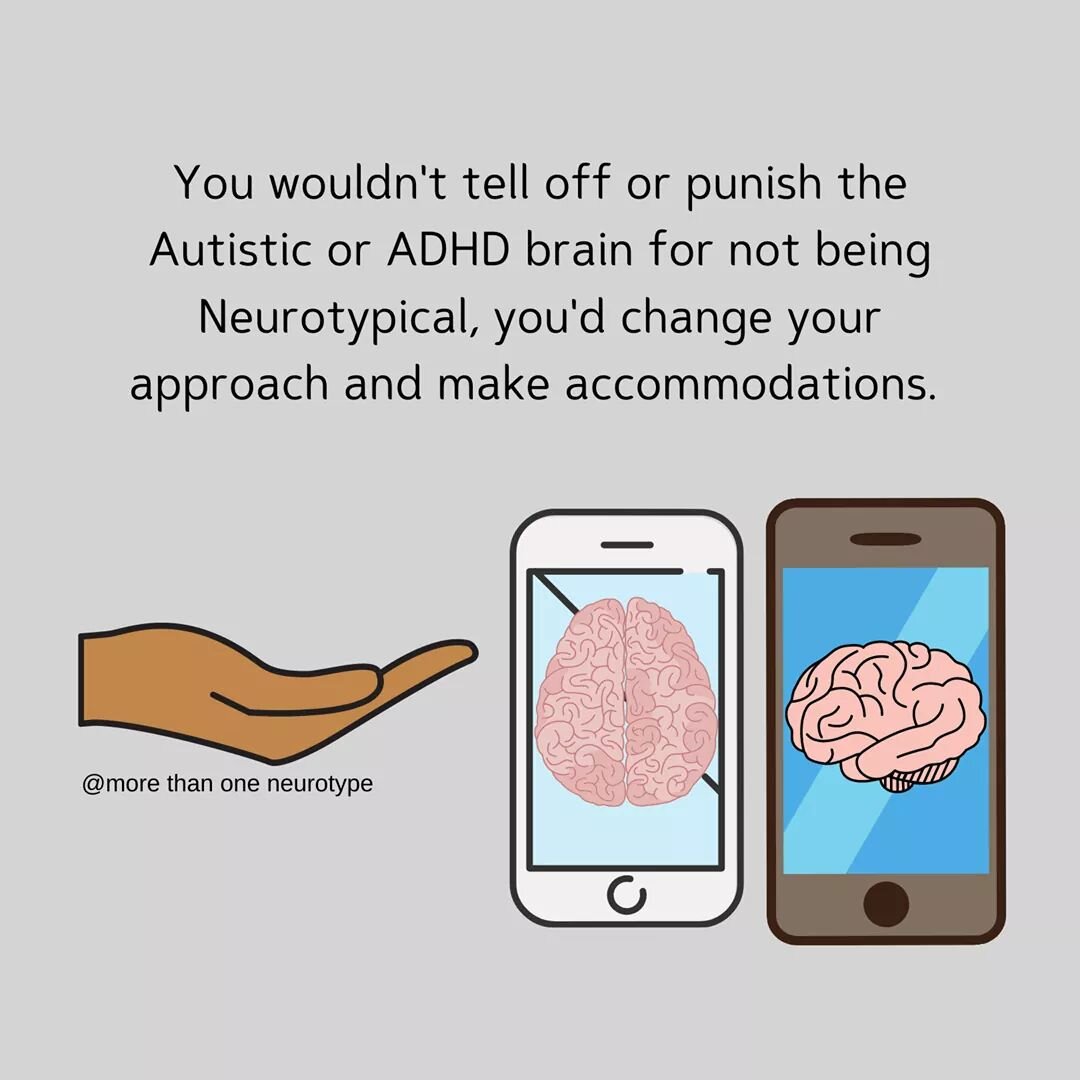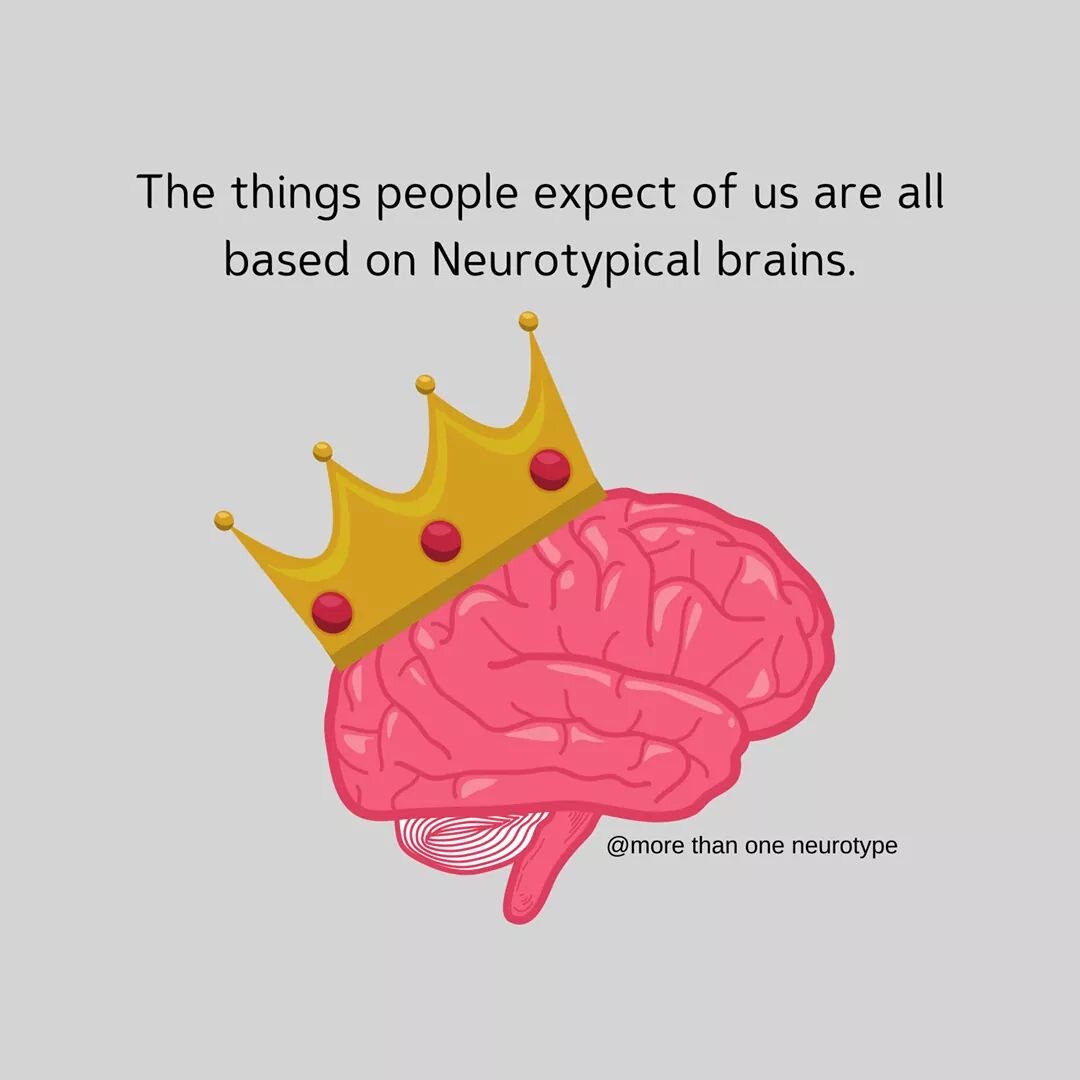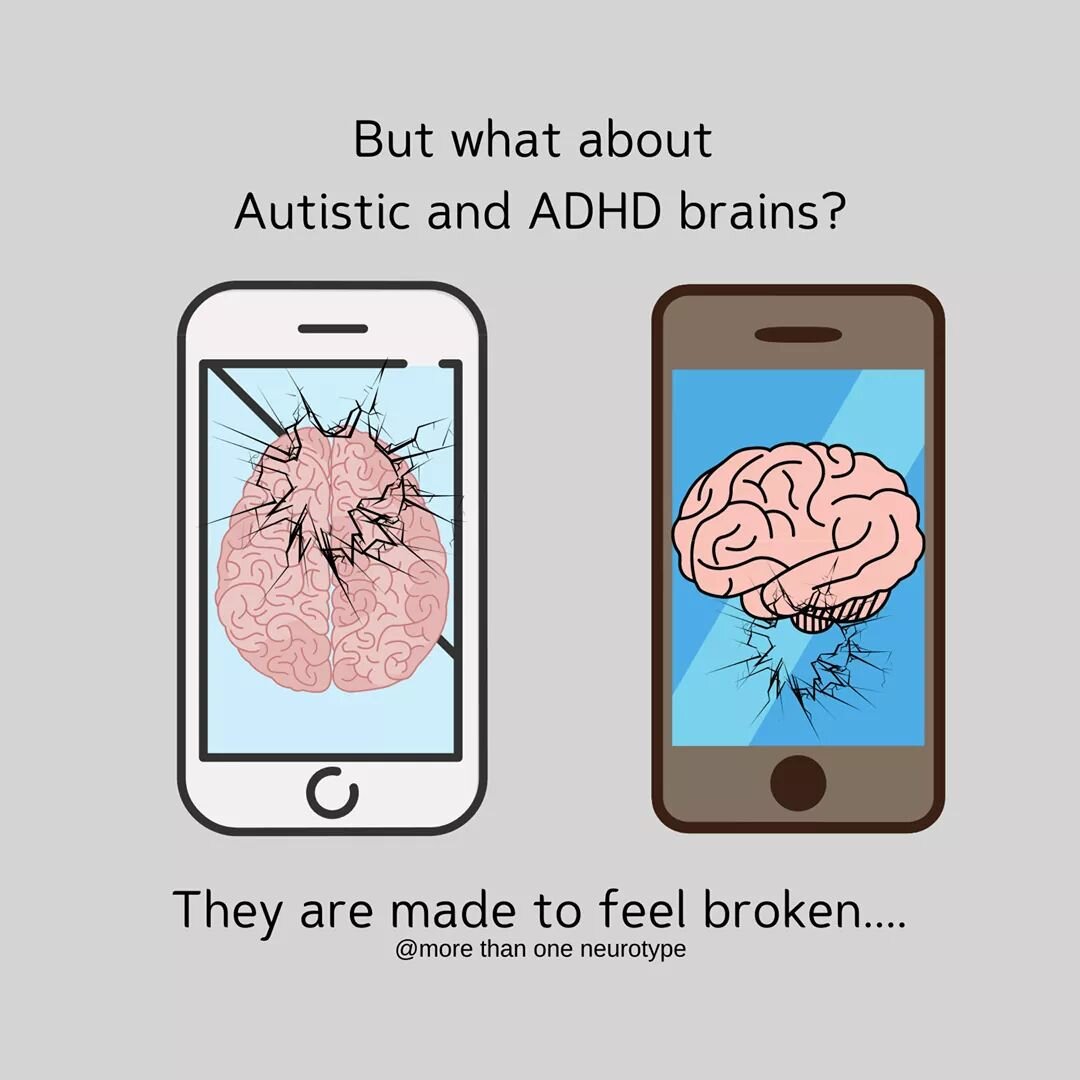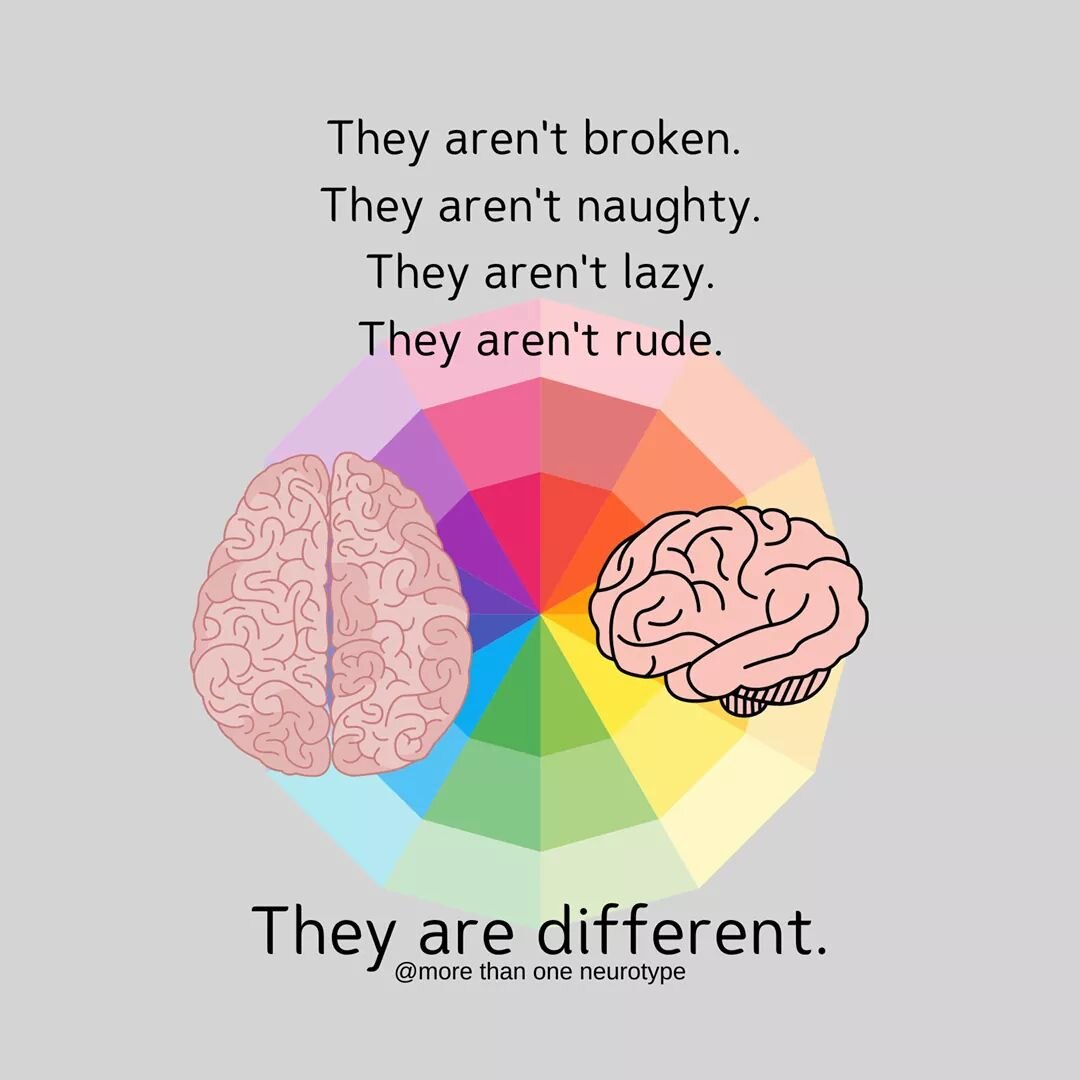Dyspraxia
Here in New Zealand it is felt that the term ‘Dyspraxia’ indicates more the large range of processing difficulties experienced by our children. We see them affected in most areas of development, with pervasive motor planning difficulties at the heart of them.
It has nothing to do with intelligence, these children are smart kids. They can have issues, with speech, learning, comprehension, organising thoughts, time, dates. They are often visual and auditory learners. Preferring pictures or videos.
Dyspraxia may affect any or all areas of development – physical, intellectual, emotional, social, language, and sensory – and may impair the normal process of learning, this is a learning difficulty. It is not a unitary disorder (like measles or chicken pox, where all those affected share a common set of symptoms), and affects each person in different ways at different ages and stages of development, and to different degrees. It is inconsistent, in that it may affect the child one day but not the next – as if sometimes information is ‘put away in the wrong drawer’ – and it may affect children in different ways at different ages and developmental stages.
It is a hidden handicap as, under normal circumstances, children with Dyspraxia may appear no different from their peers, until new skills are tried or known ones are taken out of context, when difficulties may become apparent. In many affected children, Dyspraxia occurs with or as part of other neurological conditions so that defining common symptoms may be confusing. Therefore a diagnosis, naming the disorder, is often very difficult, and sometimes the closest maybe ‘shows some Dyspraxic tendencies’. In New Zealand, following a major international, multi-disciplinary conference on Dyspraxia held here in 1997, it has become easier for parents to find a professional who is confident in making a diagnosis.
Dyslexia
Dyslexia is a learning disability in understanding language. People with dyslexia have trouble reading at a good pace and without mistakes. They may also have a hard time with reading comprehension, spelling, and writing. But these challenges aren’t a problem with intelligence. Dyslexia is a common condition that makes it hard to read. 1 in 5 have a form of Dyslexia.
Kids with dyslexia don’t outgrow it. But there are teaching approaches and strategies that can help people with dyslexia improve their reading skills and manage the challenges.
People sometimes believe dyslexia is a problem with vision. They think of it as reversing letters or writing backwards. But dyslexia is an issue with language. It’s important to know that while dyslexia impacts learning, it’s not a problem of intelligence. People with dyslexia are just as smart as their peers. There are countless stories about people thriving with dyslexia, including actors, entrepreneurs, and elected officials.
A key sign of dyslexia is trouble decoding words . This is the ability to match letters to sounds. Kids can also struggle with a more basic skill called phonemic awareness . This is the ability to recognize the sounds in words. Trouble with phonemic awareness can show up as early as preschool. In some people, dyslexia isn’t picked up until later on, when they have trouble with more complex skills. These can include grammar, reading comprehension, reading fluency, sentence structure, and more in-depth writing.
Some of the signs of dyslexia have to do with emotions and behavior. People with dyslexia might avoid reading, both out loud and to themselves. They may even get anxious or frustrated when reading. This can happen even after they’ve mastered the basics of reading. Dyslexia doesn’t just affect learning. It can also impact everyday skills and activities . These include social interaction, memory, and dealing with stress. If you would like support Learning Matters is a great organisation. Kaharoa School Whanau can recieve a complimentry Sensory Assesment for their children.
Dysgraphia
Dysgraphia is a term that refers to trouble with writing. Dysgraphic children have challenges with a set of skills known as transcription. These skills — handwriting, typing, and spelling — allow us to produce writing.
Trouble expressing thoughts in writing isn’t formally recognized as part of dysgraphia. That’s a learning disability known as written expression disorder . But when people struggle with transcription, it can get in the way of thinking about ideas and how to convey them - people with dysgraphia may write more slowly than others. Affecting how well they express themselves in writing. Plus, they tend to have trouble with spelling because it’s hard for them to form letters when they write. - using speech to text really help these students.
For example, people with dysgraphia may write more slowly than others. That can affect how well they express themselves in writing. Plus, they tend to have trouble with spelling because it’s hard for them to form letters when they write.
Dysgraphia isn’t a matter of intelligence. The challenges are often caused by trouble with motor skills. Those skills can improve with help. And people with dysgraphia may also be eligible to use accommodations at work or school. Parents can try these at home. Teachers click here.
Dyscalculia
Many people know about dyslexia, but dyscalculia is another common learning difference. Dyscalculia makes it hard to do math and everyday tasks that involve math. Kids who have it may need extra help at school and at home.
You may not yet know if your child has dyscalculia. But the more you know about the challenges, the better able you’ll be to support your child. With the right help, kids who have trouble with math can improve their skills.
Helpful Numbers
iCAMHS - Lakes DHB Infant, Child and Adolescent Mental Health Service (iCAMHS) Rotorua
PHONE - (07) 343 5005
ADDRESS - 11127 Haupapa Street, Rotorua
EMAIL - infoiCAMHS@lakesdhb.govt.nz
WEBSITE - www.lakesdhb.govt.nz
Northern Health School - Rotorua Unit
PHONE - 07-343 9921
ADDRESS - 1376 Hinemoa Street, Rotorua 3010
WEBSITE - https://www.nhs.school.nz/
Explore Specialist Advice Rotorua – Mental Health or Behaviour Support
PHONE - Call 0800 000 421
ADDRESS - 48 Biak Street, Rotorua, Bay of Plenty 3010





